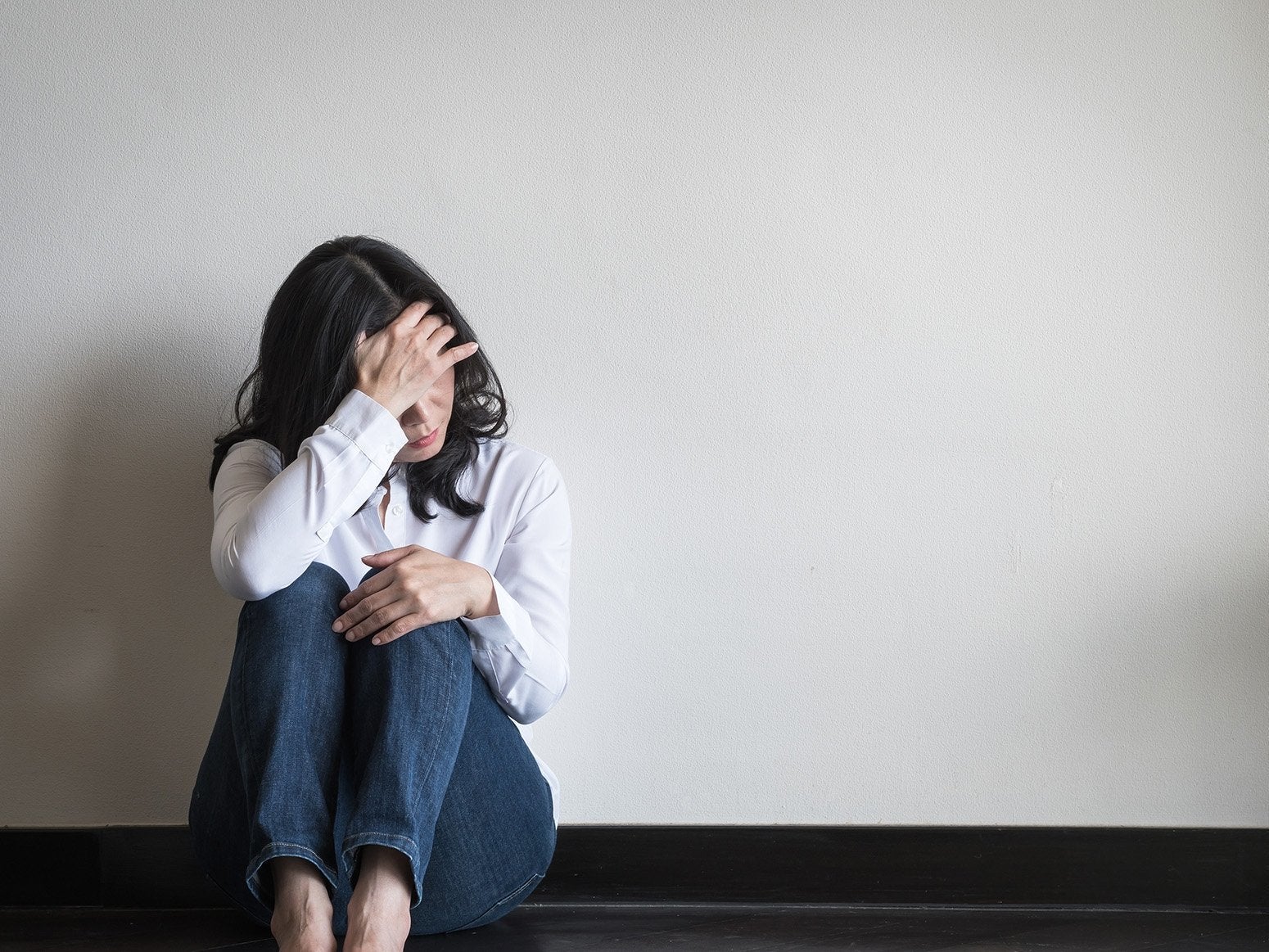Women take longer to get over the death of a close friend than men, study finds
Women can suffer from a major decline in health for up to four years after a bereavement

Your support helps us to tell the story
From reproductive rights to climate change to Big Tech, The Independent is on the ground when the story is developing. Whether it's investigating the financials of Elon Musk's pro-Trump PAC or producing our latest documentary, 'The A Word', which shines a light on the American women fighting for reproductive rights, we know how important it is to parse out the facts from the messaging.
At such a critical moment in US history, we need reporters on the ground. Your donation allows us to keep sending journalists to speak to both sides of the story.
The Independent is trusted by Americans across the entire political spectrum. And unlike many other quality news outlets, we choose not to lock Americans out of our reporting and analysis with paywalls. We believe quality journalism should be available to everyone, paid for by those who can afford it.
Your support makes all the difference.Women take longer to get over the death of a close friend because they have tighter “socioemotional bonds” with them, according to new research.
Scientists found women suffer from a major decline in health for up to four years after a bereavement.
They experience a sharper drop in vitality than men, and also suffer greater deterioration in mental health, researchers from the University of Stirling and Australian National University (ANU) found after looking at data from 26,515 individuals over a period of 14 years.
They also discovered that men were more dissatisfied with their life and health in the first year following a death whereas women were more unhappy in the long-term.
“Our data may reflect hypotheses that females share tighter and had greater socioemotional bonds than their male counterparts,” researchers wrote in the paper published in Plos One journal.
Most research on grief looks at the bereavement people feel after the death of an immediate relative, often a spouse, whereas this study looked at a wider field.
Dr Liz Forbat, associate professor at Stirling University’s faculty of social sciences, said: “We all know that when a partner, child or parent dies that the bereaved person is likely to grieve and feel worse for some time afterwards. The impact of the death of a friend, which most of us will experience, is not afforded the same sense of seriousness.
“There are pronounced declines in the health and wellbeing of people who’d had a friend die in the previous four years, yet employers, GPs and the community aren’t focused on providing support to bereaved friends.”
The study suggests that more services should be available to help people develop the necessary support networks after the death of a friend.
Dr Forbat added: “The death of a friend is a form of disenfranchised grief – one not taken so seriously or afforded such significance. This means their grief might not be openly acknowledged or expressed, and the impact trivialised. This research proves that the death of a friend matters and, as a universal human experience, the findings are applicable internationally.”
Join our commenting forum
Join thought-provoking conversations, follow other Independent readers and see their replies
Comments